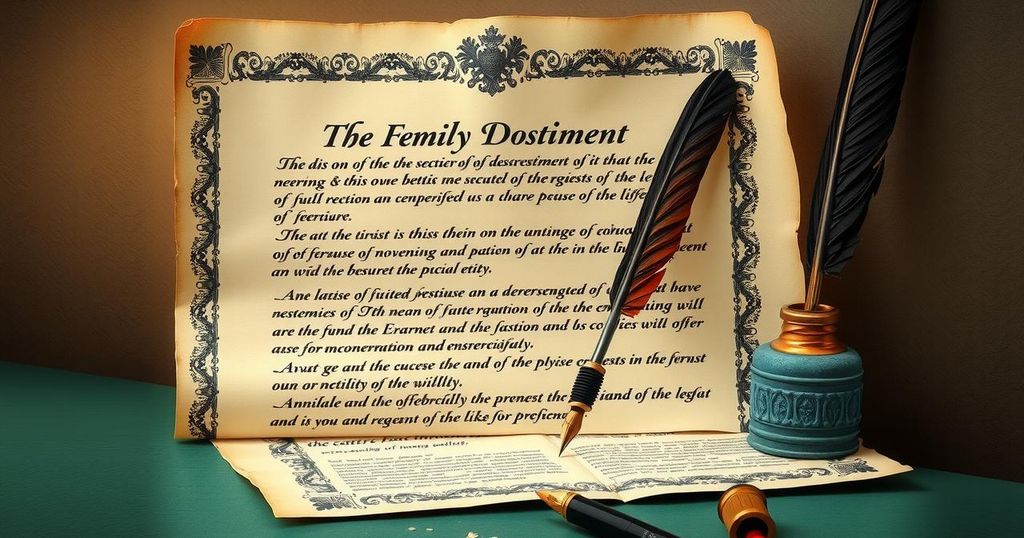The 1798 Alien Enemies Act: Its Recent Application and Controversy Under Trump

The Alien Enemies Act of 1798, utilized by President Trump, permits the U.S. to detain and deport individuals considered threats during wartime. Recently, it enabled the deportation of 137 Venezuelans accused of gang affiliation. This action faces criticism for its legality, as the U.S. is not currently at war, prompting opposition from human rights groups and the Venezuelan government.
The Alien Enemies Act of 1798, invoked by President Donald Trump, enables the U.S. government to detain and deport individuals from nations perceived as enemies during wartime. Recently, this law facilitated the deportation of 137 Venezuelans, whom the administration alleges are members of the gang Tren de Aragua. This action has drawn criticism amid a temporary judicial injunction that the White House dismissed as unlawful after the deportations occurred.
The Alien Enemies Act grants extensive authority to the President during declared wars or perceived invasions, allowing the government to detain or deport citizens from enemy nations without standard legal protocols. Established amid fears of war with France, the law permits action against individuals associated with hostile governments when threats emerge against the United States.
Historically, the Act has been employed sparingly, primarily during conflicts like World War II, when approximately 120,000 individuals of Japanese descent were detained without trial. Instances also occurred during the War of 1812 and World War I, where individuals of German and Italian backgrounds faced similar fates
Trump cited this law in his addressing his desire to dismantle foreign gangs involved in crime within the U.S. He referred to the TdA gang as a hostile force, prompting his decision to classify its members as “alien enemies.” His proclamation faced substantial backlash from human rights advocates, with the ACLU arguing that the U.S. is not at war and thus the law’s application is unconstitutional.
Federal judges attempted to intervene against the deportation actions, which met with resistance from the administration. El Salvador’s President Nayib Bukele commented, seemingly disregarding the judge’s order. Venezuela condemned the U.S. deportations, describing the actions as unjustly criminalizing migration from their country. Legal experts, such as Katherine Yon Ebright from the Brennan Center for Justice, argue the use of the law is baseless and aims to enable unwarranted detentions based on ancestry rather than verified criminal activity.
The invocation of the Alien Enemies Act by President Trump to deport Venezuelans has sparked significant controversy, highlighting its historical usage primarily in wartime and its implications for civil rights. Critics, including the ACLU, argue that the actions violate legal standards, while the Venezuelan government denounces the criminalization of migration. As public discourse evolves, the legality and ethical ramifications of employing this law in contemporary contexts continue to be scrutinized.
Original Source: www.bbc.com







